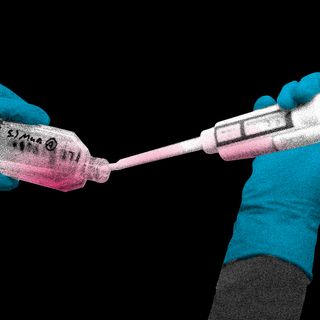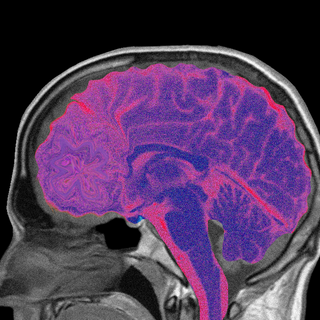“I’m sexy, and I know it!” goes LMFAO’s 2011 song. What does it mean to be aware that one is attractive, the privilege that comes with it, and its impact on everyone else, though? According to a new study, apparently, the answer is moreselfishness and entitlement — it suggests that people who were convinced of their attractiveness also exhibited more self-centered behavior.
Published in Evolution and Human Behavior this month, the study was titled: “Mirror, Mirror on the Wall, I Deserve More Than All.”
This isn’t the first time such a link was found; a 2015 study, too, found a positive link between attractiveness and selfishness — although it also noted that attractive men were less altruistic and egalitarian, compared to their female counterparts.
The findings of the present study are based on a set of five experiments involving more than 1,300 participants. Through the course of the experiments, the researchers collected the participants’ self-evaluations of their attractiveness, entitlement, and self-interest. Subsequently, through different tasks, the researchers, too, determined their tendency to act solely in their own interest, even at the cost of jeopardizing those of others.
Related on The Swaddle:
Across Cultures, People Associate ‘Attractive’ Faces With More Intelligence, Trustworthiness: Study
They observed, in the end, that participants who had rated their looks more highly were also more likely to act in their own interest, and feel more entitled to being treated better than others.
“This is because attractive individuals (compared to average others) experience a higher level of psychological entitlement, which subsequently leads to a higher level of self-interested behavior,” noted co-author Xijing Wang from the department of social and behavioral sciences at the City University of Hong Kong, in a bid to explain selfishness among attractive people.
But, the question is: why do they exhibit a higher degree of entitlement? The answer to that might lie in how conventionally attractive people may have grown up with “pretty privilege” — the psychological bias about conventionally attractive people being nicer, smarter, and more trustworthy. This privilege of being attractive grants them access to the “beauty premium.” This is described as the “incremental income that people who are physically attractive earn when compared to others who are considered less attractive,” pointing to their inherent privilege.
Over time, the partial treatment may lead them to take it for granted and believe they’re entitled to be treated thus. As PsyPost noted, “Knowing their attraction and the bargaining power it gives them, attractive people might feel entitled to better treatment than other people and act to receive it, selfishly and not showing reciprocity to others.”
Related on The Swaddle:
How Lack of Sleep Makes People Less Helpful, More Lonely
Moreover, “it seems that despite the favorable treatment received, attractive individuals fail to show reciprocity, i.e., not treating others nicely in return,” as Wang remarked.
Evidently, then, it’s not being attractive per se that bestows privilege, but society’s treatment of attractive people, that molds their behavior, to a great extent. However, there’s no evidence to suggest that everyone who is attractive behaves selfishly. In fact, as Michael Price, lead author of the 2015 study and senior lecturer in psychology at Brunel University London, had stated, “The correlation between attractiveness and selfishness was nowhere close to being perfect, and many very attractive [people] will also be very altruistic and egalitarian.”
There are many attractive individuals who might internalize the values of niceness and warmth projected on them as a result of their pretty privilege, and begin practicing the same. And that’s precisely how one might avoid behaving selfishly, the researchers believe.
As they noted, “According to the self-fulfilling nature of ‘what is beautiful is good’ from social psychology, attractive individuals should internalize the positive stereotypes from perceivers and eventually develop positive behavior as others expected, acting in a nice and selfless manner.”




